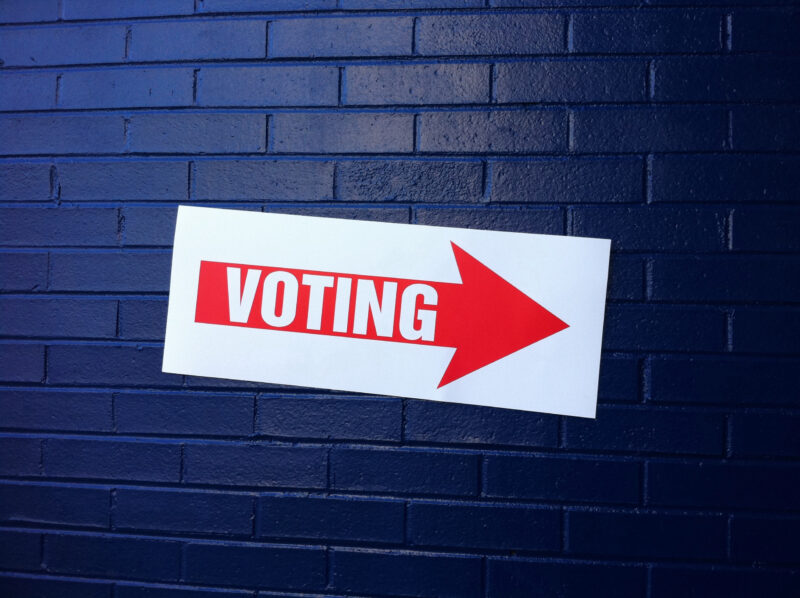
AlgorithmWatch proposals on mitigating election risks for online platforms

Press release
AlgorithmWatch and AI Forensics among the first organizations to request platform data under the DSA

DSA Day and platform risks
Got Complaints? Want Data? Digital Service Coordinators will have your back – or will they?

Ensuring Legitimacy in Stakeholder Engagement: The ‘5 Es’ Framework

The year we waited for action: 2023 in review

Platform regulation
Not a solution: Meta’s new AI system to contain discriminatory ads

Op-Ed on questionable Meta study
Social media algorithms are harmless, or are they?

Making sense of the Digital Services Act
How to define platforms’ systemic risks to democracy

Joint statement
A diverse auditing ecosystem is needed to uncover algorithmic risks

Open letter
DSA must empower public interest research with public data access

Call for Evidence: new rules must empower researchers where platforms won’t

The EU now has the means to rein in large platforms. It should start with Twitter.

Risky business: How do we get a grip on social media algorithms?

A joint statement on Digital Services Act implementation at the national level

Platforms’ promises to researchers: first reports missing the baseline

The year automated systems might have been regulated: 2022 in review

A guide to the EU’s new rules for researcher access to platform data

The fediverse is growing, but power imbalances might stay

A guide to the Digital Services Act, the EU’s new law to rein in Big Tech

Facebook’s gutting of CrowdTangle: a step backward for platform transparency

The Digital Services Act: It’s time for Europe to turn the tables on Big Tech

Policy Brief: Our recommendations for strengthening data access for public interest research

The Digital Services Act: EU sets a new standard for platform accountability

DSA trilogues in the endgame: Policymakers must prioritize platform transparency

Joint Civil Society Briefing for the Digital Services Act Trilogues
